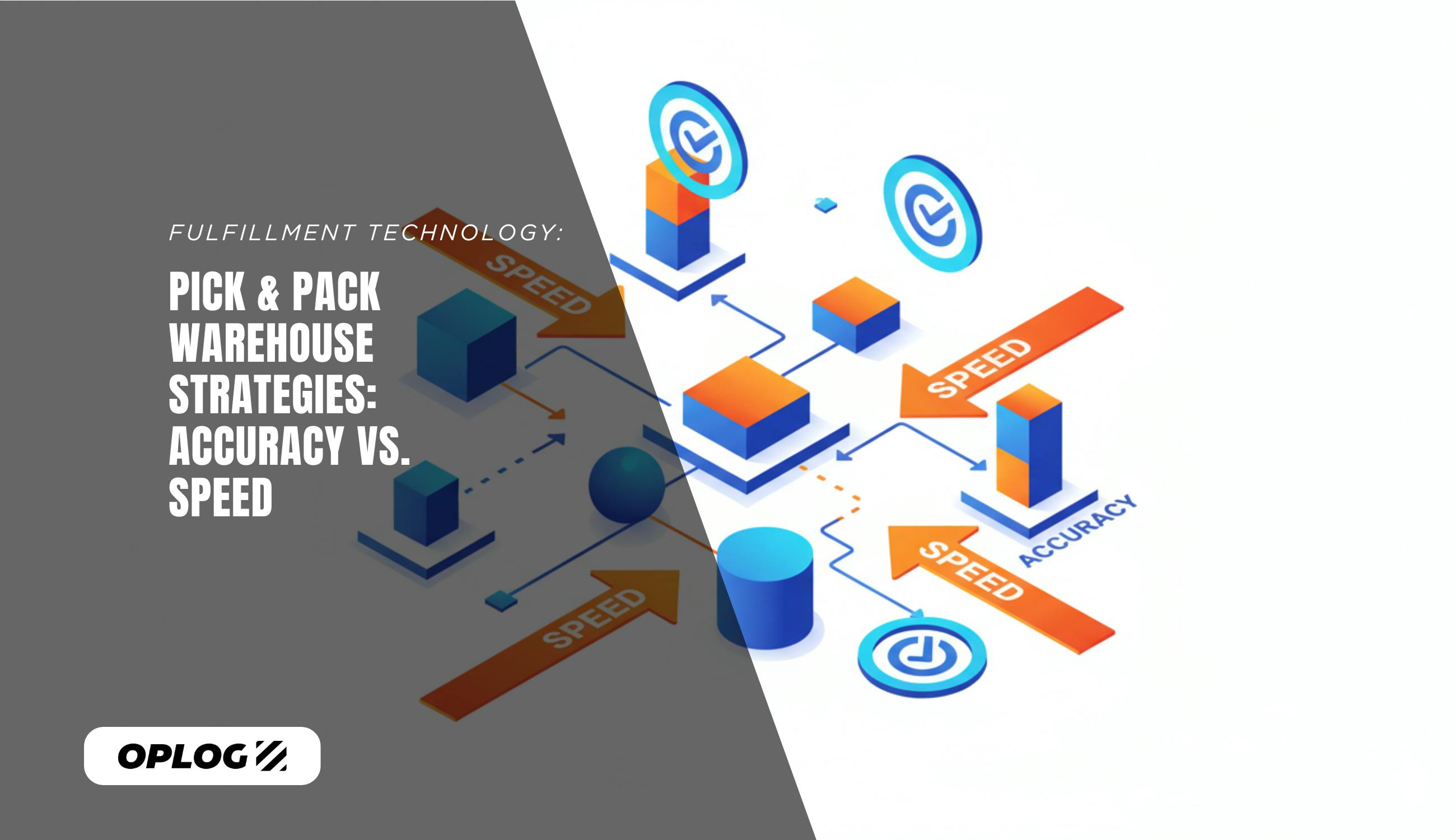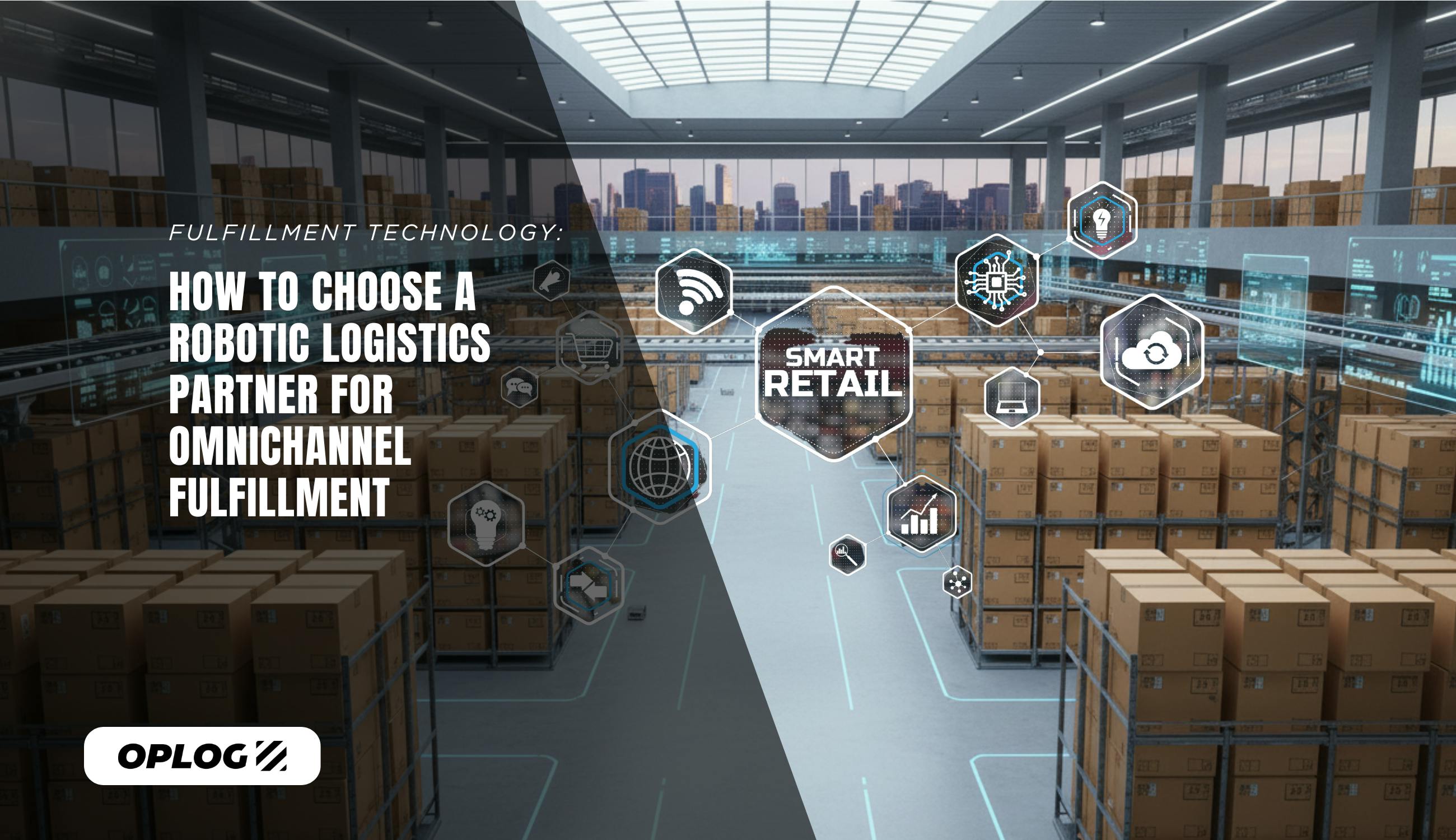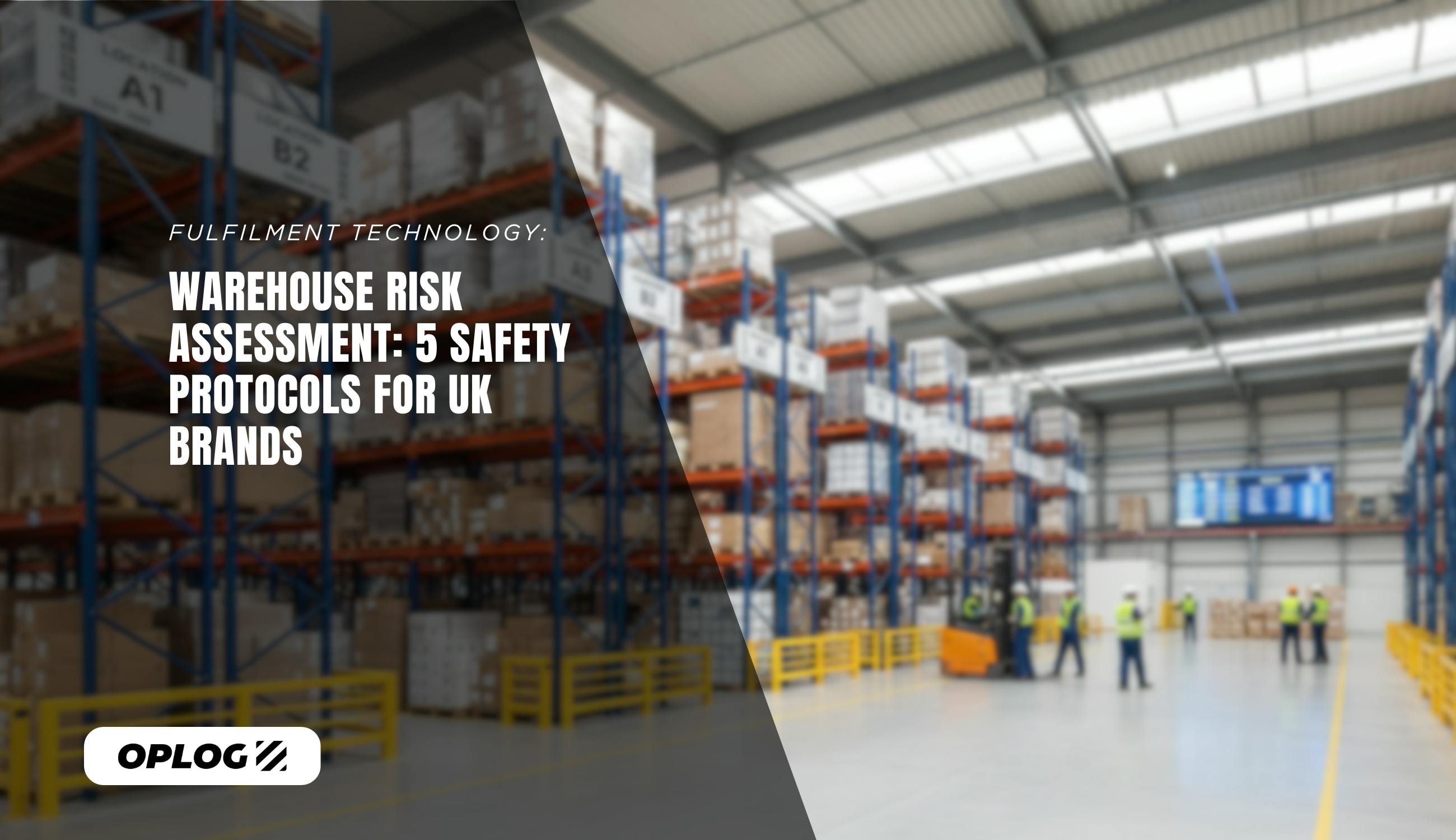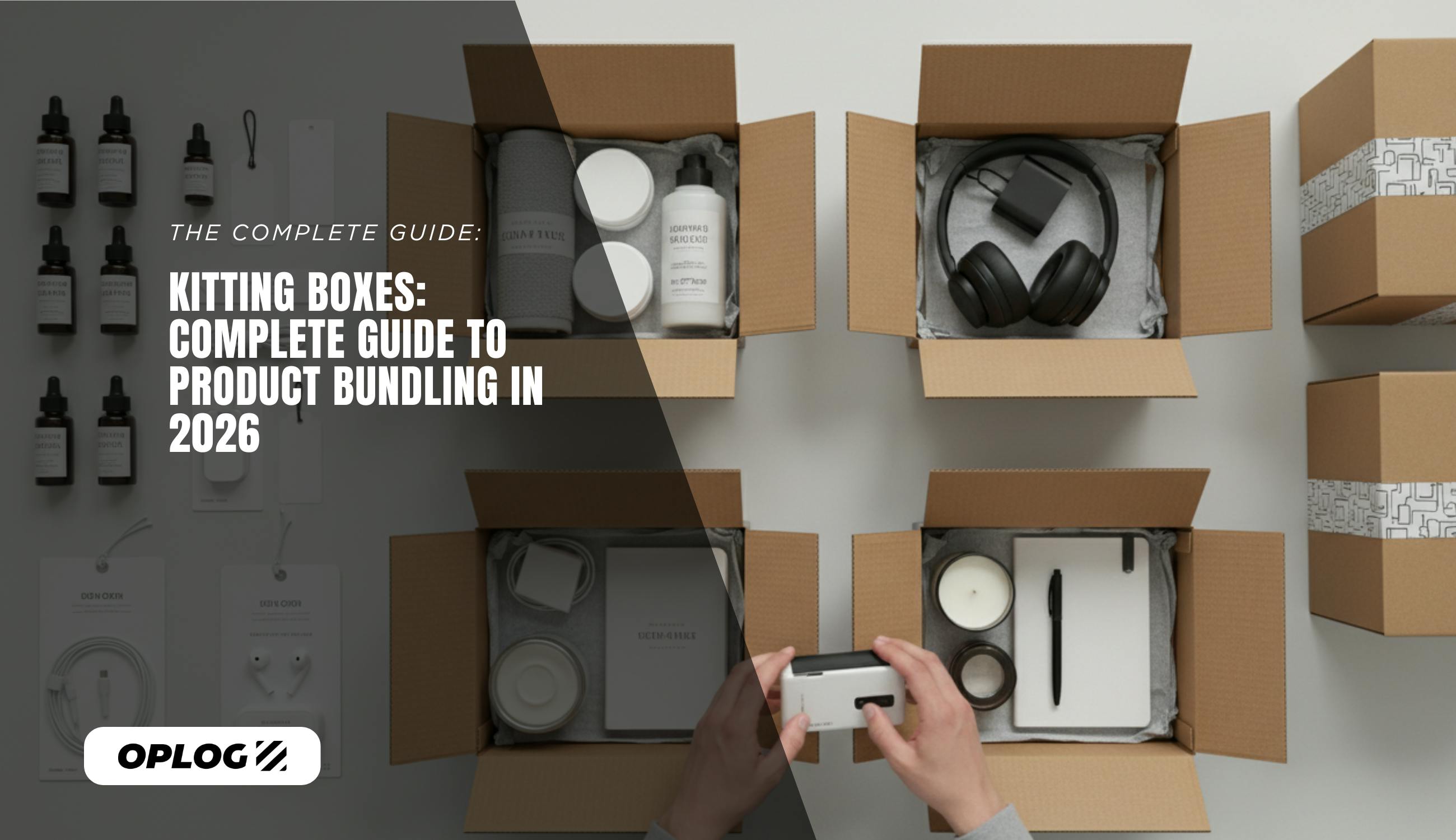The bridge between Europe and Asia has never been more crucial for global commerce. As Turkey's strategic position continues to attract international brands and the EU market expands its reach, cross-border fulfillment Turkey EU operations have become a cornerstone of modern logistics success. Yet for many businesses, navigating the complexities of shipping between Turkey, the EU, and beyond remains a challenging puzzle of customs regulations, delivery expectations, and operational efficiency.
Recent market data shows that e-commerce fulfillment services have experienced remarkable growth, with the global market expanding at a compound annual growth rate of 15.2% and valued at $123.7 billion in 2024, while Turkey's freight and logistics market is projected to grow by $13.41 billion from 2024 to 2029 at 8.1% CAGR. This growth isn't coincidental—it reflects the growing recognition that mastering cross-border operations between these markets can unlock substantial competitive advantages, particularly as Turkey strengthens its role as a crucial logistics hub between Europe and Asia.
The Strategic Importance of Turkey-EU Trade Corridors
Turkey's unique geographical position creates both opportunities and complexities for cross-border logistics. The country serves as a natural hub connecting European markets with Asian suppliers, while its domestic market of 85.7 million consumers continues to mature digitally. For brands looking to expand their European footprint or optimize their supply chains, understanding the nuances of Turkey Europe delivery times and fulfillment mechanics becomes essential.
The challenge lies not just in moving goods from point A to point B, but in doing so efficiently, cost-effectively, and in compliance with an intricate web of international regulations. This is where strategic fulfillment partnerships become invaluable.
Customs and VAT: The First Hurdle
Understanding VAT Complexities
One of the most significant challenges in cross-border fulfillment between Turkey and the EU stems from differing VAT systems. Turkey operates under its own VAT regime with rates ranging from 1% to 20%, while EU member states have their own VAT structures, typically ranging from 15% to 27%.
Key VAT Considerations:
- Turkey's VAT registration thresholds vary by business type
- EU VAT requirements differ significantly between B2B and B2C transactions
- OSS (One-Stop Shop) system simplifies EU VAT compliance for many e-commerce businesses
- Proper documentation is crucial to avoid delays and penalties
Customs Clearance Streamlining
The customs clearance process between Turkey and the EU involves multiple checkpoints and documentation requirements. Understanding these requirements upfront can prevent costly delays:
Essential Documentation:
- Commercial invoices with detailed product descriptions
- EUR.1 movement certificates for preferential treatment
- Proof of origin certificates
- Packing lists and shipping manifests
- Import/export licenses for restricted goods
[Insan Dokunuşu Gerekiyor]
Buraya customs clearance sürecinin gerçek bir örneği veya müşteri deneyimi hikayesi eklenebilir.
Delivery Times: Setting Realistic Expectations
Land vs Air Transport Options
The choice between land and air transport significantly impacts both delivery times and costs for Turkey-EU shipments:
Land Transportation:
- 7-12 days for most EU destinations
- More cost-effective for larger shipments
- Ideal for non-urgent B2B orders
- Environmental benefits with lower carbon footprint
Air Transportation:
- 1-3 days for express deliveries
- Higher costs but faster transit times
- Best for high-value or time-sensitive products
- Suitable for B2C e-commerce orders
Carrier Network Optimization
Selecting the right carrier partners is crucial for Turkey to Europe logistics success. The most effective approach involves:
- Multi-carrier strategies that provide flexibility and redundancy
- Regional expertise from carriers familiar with specific EU markets
- Technology integration for real-time tracking and visibility
- Scalability to handle seasonal peaks and business growth
Incoterms for EU-Turkey Trade: Choosing the Right Terms
Understanding Incoterms for EU Turkey trade is essential for clear contract terms and risk allocation:
Most Common Incoterms for Turkey-EU Trade
DDP (Delivered Duty Paid):
- Seller handles all customs clearance and duties
- Buyer receives goods ready for sale
- Highest seller responsibility, premium pricing
DAP (Delivered at Place):
- Seller delivers to agreed location
- Buyer handles import procedures
- Balanced risk allocation
FCA (Free Carrier):
- Seller delivers to carrier at named place
- Buyer manages main transport and customs
- Cost-effective for experienced importers
Documentation and Compliance: Getting It Right
Import/Export Documentation Checklist
Proper documentation is the backbone of smooth cross-border operations. Here's what businesses need to prepare:
For Turkey to EU Exports:
- EUR.1 movement certificate (for preferential duty treatment)
- Commercial invoice in English or destination country language
- Packing list with detailed contents
- Certificate of origin (when required)
- Product-specific certificates (CE marking, etc.)
For EU to Turkey Imports:
- A.TR movement certificate (for EU goods)
- Import license (for restricted goods)
- Conformity certificates
- Turkish customs declaration
Digital Documentation Trends
The logistics industry is increasingly moving toward digital documentation, which offers:
- Faster processing times
- Reduced paperwork errors
- Better tracking and audit trails
- Environmental benefits
Packaging for Multiregional Success
Multiregional packaging logistics requires careful consideration of:
Regulatory Compliance:
- EU packaging directives and recycling requirements
- Turkish packaging regulations and standards
- Product-specific safety requirements
Practical Considerations:
- Protection during multiple handling points
- Climate variations during transport
- Cultural preferences in different markets
- Cost optimization across the supply chain
Sustainable Packaging Solutions
Modern cross-border fulfillment increasingly emphasizes sustainability:
- Recyclable and biodegradable materials
- Right-sizing packaging to reduce waste
- Reusable packaging systems for B2B shipments
- Carbon footprint reduction through smart packaging choices
How OPLOG Transforms Cross-Border Fulfillment
This is where strategic fulfillment partnerships prove their value. OPLOG cross-border solutions address the complexity of Turkey-EU logistics through a combination of strategic positioning, technological innovation, and operational expertise.
Strategic Warehouse Network
OPLOG's strategically located warehouses in both Turkey and Europe create unique advantages:
- Inventory positioning closer to end customers
- Reduced shipping costs through optimized routing
- Faster delivery times with distributed inventory
- Compliance management with local expertise in each market
Technology-Driven Optimization
The modern cross-border fulfillment landscape demands sophisticated technology solutions:
Real-Time Visibility:
- End-to-end shipment tracking
- Proactive exception management
- Customer communication automation
- Performance analytics and reporting
Automated Processing:
- Customs documentation generation
- Duty and tax calculations
- Carrier selection optimization
- Inventory management across borders
Expert Compliance Management
Navigating the regulatory landscape requires specialized expertise:
- VAT registration and compliance management
- Customs brokerage services
- Documentation preparation and review
- Regulatory change monitoring and adaptation
Best Practices for Cross-Border Success
1. Plan for Complexity
Cross-border fulfillment isn't just about moving boxes—it's about creating systematic approaches to handle complexity:
- Develop clear SOPs for different shipping scenarios
- Build buffer time into delivery promises
- Create contingency plans for common issues
- Invest in team training and education
2. Embrace Technology
Modern logistics technology can transform cross-border operations:
- Implement WMS systems with international capabilities
- Use TMS solutions for carrier optimization
- Deploy tracking systems for customer visibility
- Leverage data analytics for continuous improvement
3. Build Strategic Partnerships
Success in cross-border fulfillment often depends on partnerships:
- Work with experienced logistics providers
- Develop relationships with customs brokers
- Partner with technology solutions providers
- Create collaborative relationships with key suppliers
The Future of Turkey-EU Logistics
Emerging Trends
Several trends are shaping the future of cross-border fulfillment:
Digital Transformation:
- AI-powered customs processing
- Blockchain for supply chain transparency
- IoT sensors for shipment monitoring
- Predictive analytics for demand planning
Sustainability Focus:
- Carbon-neutral shipping options
- Circular economy packaging solutions
- Green logistics certifications
- Environmental impact reporting
Regulatory Evolution:
- Streamlined customs procedures
- Digital-first documentation
- Harmonized trade regulations
- Enhanced security requirements
Preparing for Tomorrow
Businesses that succeed in cross-border fulfillment will be those that:
- Invest in scalable technology solutions
- Build flexible operational capabilities
- Develop strong compliance frameworks
- Create sustainable business practices
Conclusion: Mastering the Cross-Border Advantage
Cross-border fulfillment between Turkey and the EU represents both a significant opportunity and a complex challenge. Success requires more than just moving goods—it demands strategic thinking, operational excellence, and the right partnerships.
The businesses that thrive in this environment will be those that understand the nuances of customs regulations, optimize their carrier relationships, master the art of documentation, and leverage technology to create seamless customer experiences. They'll also be the ones who recognize that navigating this complexity alone is neither efficient nor sustainable.
For brands looking to expand their reach across Turkey and European markets, the path forward involves partnering with fulfillment providers who understand the intricacies of cross-border operations. From managing VAT complexities to optimizing delivery times, from handling customs documentation to ensuring packaging compliance, the right fulfillment partner can transform what appears to be a complex maze into a competitive advantage.
The future of cross-border commerce between Turkey and the EU is bright, but it belongs to businesses that approach it with the right strategy, technology, and partnerships. In a world where customer expectations continue to rise and operational complexity continues to grow, mastering cross-border fulfillment isn't just an option—it's a necessity for sustainable growth.
Ready to simplify your cross-border fulfillment operations? Contact OPLOG today to learn how our strategic warehouse network and expert team can transform your Turkey-EU logistics into a competitive advantage.






